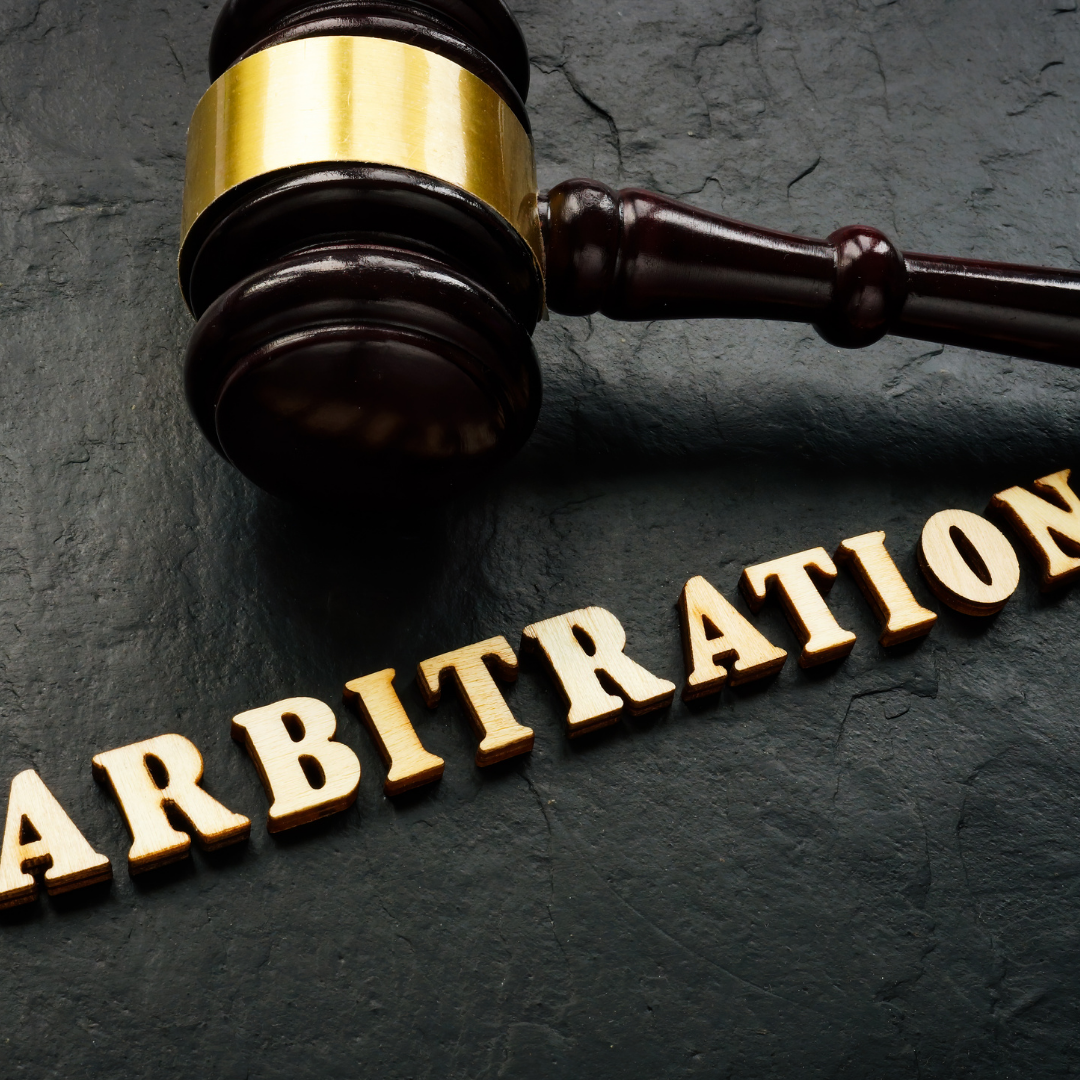Businesses often opt for arbitration as a swift, confidential, and effective means of settling business disputes. As a hub for arbitration, Singapore has become well-known. Many people prefer this choice for multiple reasons:
- Unmatched Organizations: The Singapore International Arbitration Centre (SIAC) is well-known all over the globe for its high standards and provides first-rate services, so you can rest assured that your case will be handled by qualified experts.
- Solid Legal Foundation: Arbitration is completely sanctioned by Singapore’s legal system, which provides a solid foundation for the process through clear and trustworthy legislation.
- Courts that Encourage Arbitration: Singapore’s judiciary is very pro-arbitration, reducing red tape and making sure everything goes smoothly.
- Positioned at the crossroads of East and West, Singapore provides an ideal setting for international dispute resolution because of its neutrality and accessibility.
- In Singapore, you can find a plethora of experienced lawyers and arbitrators who can guide you through the arbitration procedure with ease.
A Guide to Arbitration in Singapore
The arbitration procedure in Singapore is easy to follow. First, we’ll review the basics:
1. Deciding to Use Arbitration: A contractual provision requiring the parties to resolve disputes through arbitration is a typical starting point.
2. The first step in starting the arbitration process is for one party to formally notify the other of their intention to initiate arbitration.
3. Appointing Arbitrators: The next step is for the parties to choose the individuals who will make the ultimate decision regarding the case: the arbitrators. If you require any assistance during the selection process, SIAC is here to help.
4. First Meeting: This is the meeting that sets the groundwork, when both sides agree on procedures, timelines, and other crucial logistics.
5. Statements to be Submitted: The case will proceed with the parties submitting their respective claims, defenses, and evidence to back up their positions.
6. The hearings are a time for both sides to lay out their cases, ask witnesses to testify, and argue their points.
The arbitrator(s) will render a final decision in the form of a written award that is binding on all parties.
Choosing the most suitable arbitrator
The process relies heavily on the selection of a suitable arbitrator. Some key considerations are as follows:
- Look for an arbitrator with expertise in the area of law that pertains to the dispute in question.
- The arbitrator’s impartiality and lack of bias in the case depends on his or her ability to avoid bias and conflicts of interest.
- Seek out arbitrators with extensive experience and a track record of favorable decisions in cases like yours.
- The credibility and dependability of the arbitration process can be enhanced by establishing a strong reputation as an arbitrator.
Crucial Considerations
Though it may be more expensive than drawn-out court battles, arbitration is often the better option when dealing with complex cases.
Enforcement Difficulties: While arbitration awards are usually enforceable, some jurisdictions might make it difficult.
Due to the finality and binding nature of arbitration awards and the limited number of grounds for appeal, it is essential to select a qualified arbitrator.
In summary
Arbitration is a fast, cheap, and effective way to settle business disputes in Singapore. Because of its excellent arbitration institutions, solid legal framework, and respectable judiciary, Singapore is still a popular choice for arbitration. People can successfully handle conflicts and achieve positive outcomes by learning the process inside and out and making educated decisions.




